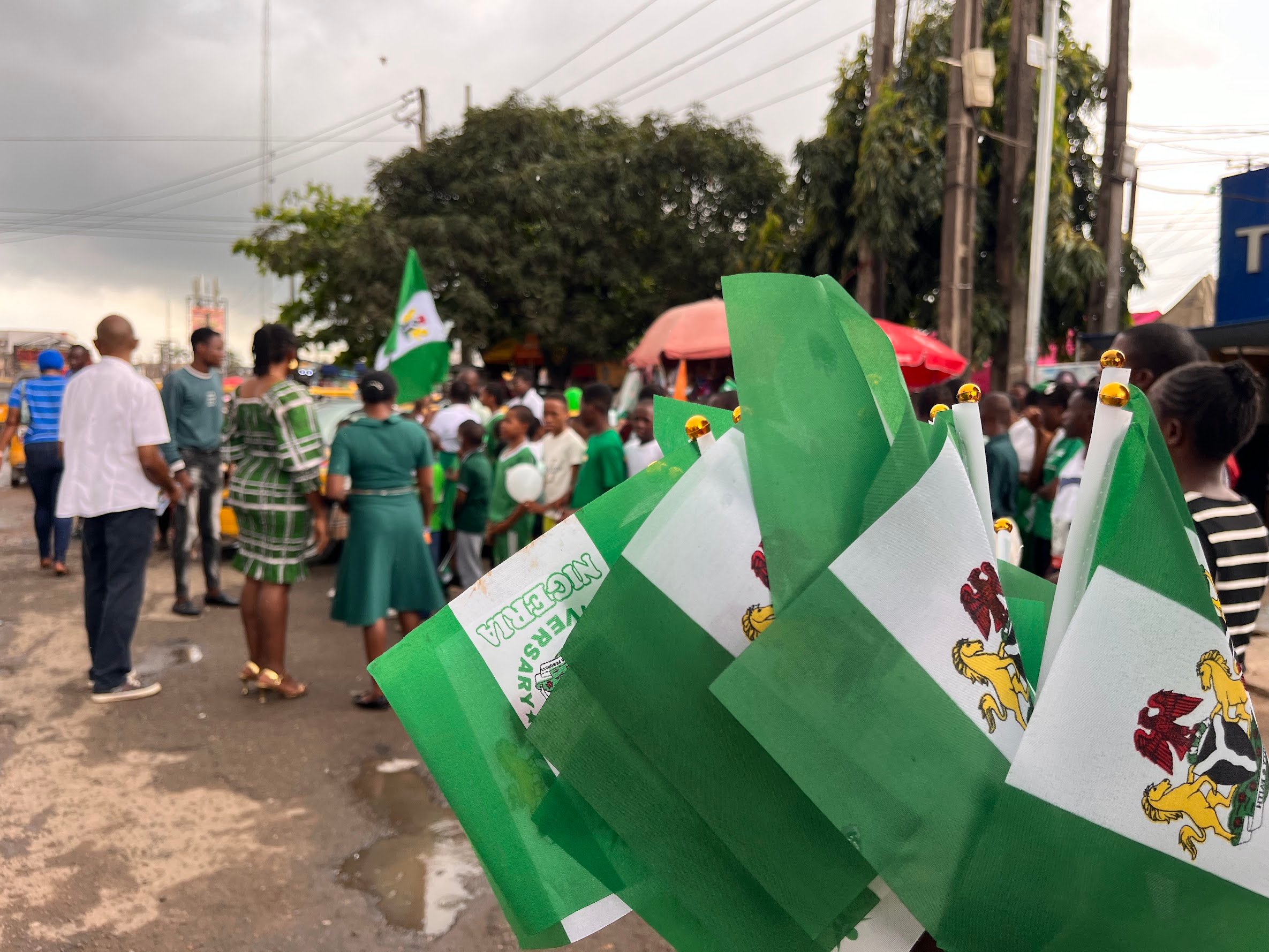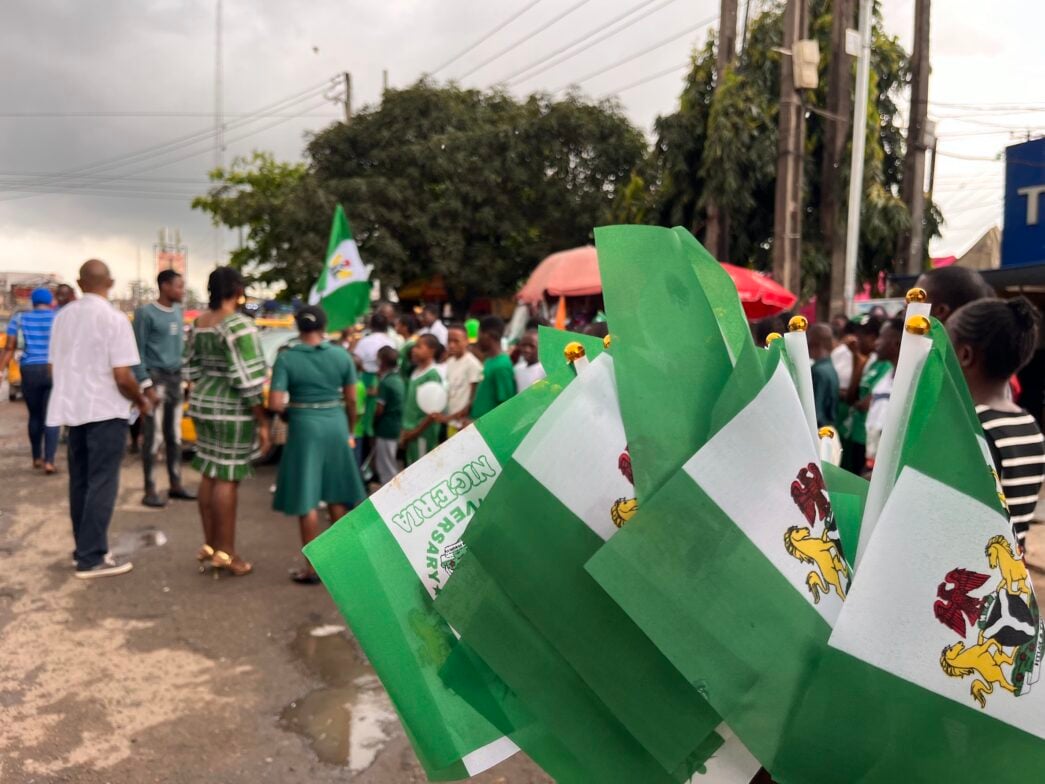BY GBENGA AYINDE
Every great power first conquered the imagination before it conquered the marketplace. Before Hollywood sold American capitalism, it sold the world a dream of freedom and modernity. Before China became the world’s factory, its martial arts cinema projected strength, discipline, and cultural pride across continents. Before India’s software shaped the digital economy, its music and cinema connected a billion hearts in a shared identity. In every case, culture preceded commerce, not as entertainment, but as soft power infrastructure, laying the psychological and imaginative groundwork for economic influence.
Nigeria now stands at a similar threshold, but with an advantage. Its soft power is already continental in reach before its industrial infrastructure has matured. Long before the coastal highway, pipelines and refineries, Nigeria built the emotional and imaginative architecture of African integration through Nollywood, Afrobeats, and literature.
This is what we call the pre-energy of national influence: a reservoir of cultural familiarity and trust that precedes and enables economic circulation. In 2023 alone, Nollywood and the music sector contributed approximately ₦1.97 trillion (US$1.4 billion) to Nigeria’s GDP (BusinessDay, April 3, 2024), proof that this influence is not just symbolic, but economic.
Advertisement
From the smoky whiff of Jollof rice to the grand choreography of the Nigerian wedding dance where gele meets gele and colour meets rhythm, Nigeria doesn’t just project its culture; it conducts it like a symphony the world leans in to hear. This was not mere artistry; it is the pre-energy of national influence, a continental network of familiarity, trust, and aspiration that today underpins Nigeria’s strategic role as Africa’s systems integrator. Every highway needs traffic, every pipeline needs pressure; every economy needs conviction. Culture builds that pressure. It shapes conviction into a shared willingness to move forward, together. And in doing so, it smooths the flow of that traffic.
Nigeria’s Cultural Power Base
Nollywood, producing thousands of films annually, is the engine of Africa’s storytelling. Its reach has normalised Nigerian accent, voices, values, and aesthetics across the continent, creating a shared cultural familiarity that no trade agreement could match. What began as local entrepreneurship has become continental narrative leadership.
Advertisement
Afrobeats turned sound into diplomacy with artists like Burna Boy, Wizkid, and Davido transforming Nigeria’s rhythm into a global cultural export. Afrobeats unified Africa’s youth under one soundscape and positioned Lagos as the continent’s creative capital. It did what policy often struggles to do: make African modernity attractive.
Literature continues to define Africa’s intellectual voice. From Achebe and Soyinka to Adichie and Okorafor, Nigerian writers have framed Africa’s moral and civic imagination, making Nigeria a trusted intellectual brand. Together, these industries have created the emotional and cultural foundations of continental cohesion.
When Soft Power Meets Hard Realities
Nigeria’s cultural influence across Africa is undeniable, but this symphony is not always harmonious. Across the continent, admiration for Nigerian culture coexists with deep-seated anxieties about power, identity, and equity. In South Africa, admiration for Nigerian creativity coexists with unease about economic competition. In Ghana, musical kinship with Nigeria meets market rivalry. In Francophone Africa, audiences embrace Nollywood but fear linguistic marginalisation.
Advertisement
These contradictions reveal a critical gap in the pre-energy framework: influence without inclusion breeds insecurity. When soft power is perceived as one-directional extraction rather than mutual exchange, it can harden into resistance precisely where it should be building bridges.
The path forward demands evolution from exporter to co-creator. Nigeria must invest in Ghanaian film distribution networks; Co-producing Amapiano-Afrobeats fusions with South African artists under equitable credit and revenue structures; and finance Francophone content that amplifies rather than displaces local voices.
This is not retreat, it is maturity. Cultural leadership must be relational, not extractive. By reframing soft power as collaboration rather than conquest, Nigeria can transform today’s frictions into tomorrow’s foundations, ensuring that when pipelines and trade corridors follow the cultural pathways, they are welcomed as instruments of shared prosperity rather than feared as vectors of dominance.
Continuous improvement in soft power means recognising that the most enduring influence is the kind that empowers others. Nigeria must co-invest with Ghanaian distributors, uplift South African co-creators as equal partners, and amplify Francophone voices on their own terms, not as an audience, but as collaborators shaping a shared cultural future.
Advertisement
From Influence to Advantage
Influence without direction diffuses. Influence with infrastructure compounds. Nigeria must now make its soft power serve its strategic power. Soft power matters because it lowers barriers. Across Africa, Nigerians are already familiar, their media, music, and expressions are part of daily life. This familiarity reduces friction for trade, investment, and migration. It makes Nigeria’s leadership both credible and welcomed.
Advertisement
The creative economy also functions as a training ground for economic independence:
- Nollywood’s distributed financing mirrors modular industry models.
- Afrobeats’ global marketing prefigures Nigeria’s digital trade strategy.
- The literary network feeds the nation’s global intellectual and policy credibility.
Cultural strength, in short, has laid the groundwork for industrial strength.
Advertisement
Cultural Energy as the First Flow
The Flow Framework defines sovereignty not by possession, but by circulation, the ability to move energy, goods, information, payments, and people.
Advertisement
Before any of these physical flows began, Nigeria mastered the cultural flow. Its soft power has become the continent’s first true circulatory system: symbols, language, and rhythm moving freely across borders.
This cultural network now enables the physical one. It gives legitimacy to Nigeria’s role as a connector, not controller; as the country best positioned to translate emotional unity into economic unity.
From Soft Power to Structured Power
The conversion of soft power into structured power requires deliberate architecture. Influence must have institutions, inspiration must have platforms, and integration must have protocols.
Nigeria must now treat culture not as entertainment, but as strategic infrastructure. Policy can translate influence into tangible leverage first, by integrating creative industries into AfCFTA and deploying culture as economic diplomacy by embedding filmmakers and creative entrepreneurs in official trade missions as envoys of innovation, for instance. This would transform cultural leadership into an enduring competitive advantage.
The Bridge to the Flow Framework
If the Refinery has secured the heart of Nigeria’s industrial sovereignty and Culture gives it a voice, then “The Flow Framework”, the next instalment of this series, will give it circulation. Together, they complete the anatomy of a continental power: a nation that can produce, project, and propel.
The Flow Framework builds upon this trust. It extends Nigeria’s proven ability to move ideas and emotions into the strategic circulation of energy, goods, data, payments, and talent. In that sense, Nigeria’s creative industries were never just cultural; they were proof of concept, showing that decentralised innovation, youthful talent, and global reach can originate from Africa and dominate the world.
Now, that same energy must animate physical systems. The rhythm that once moved playlists must now move pipelines. The narratives that shaped identities must now shape trade routes. The connectivity that began in the imagination must now be engineered into reality, linking African capitals not just by flight, but by rail, road, data, and energy.
This is the bridge: from soft current to structured flow, where culture’s pre-energy becomes the pressure that drives Africa’s next economy.
Conclusion
Nigeria’s rise as Africa’s cultural superpower is not an accident; it is the precursor to its next transformation. What began as influence must now become infrastructure. The same creative energy that unified the continent through music and film can now unite it through trade, technology, and movement.
In the architecture of The Flow Framework, culture is the first current, the pulse that animates everything else. But a pulse only matters when it moves a body. The challenge before Nigeria’s leaders, creators, and innovators is clear: to convert rhythm into revenue, narrative into negotiation power, and cultural pride into continental prosperity.
The imagination has done its part. The mantle now passes to the builders.
Gbenga Ayinde can be contacted via [email protected]
Views expressed by contributors are strictly personal and not of TheCable.


